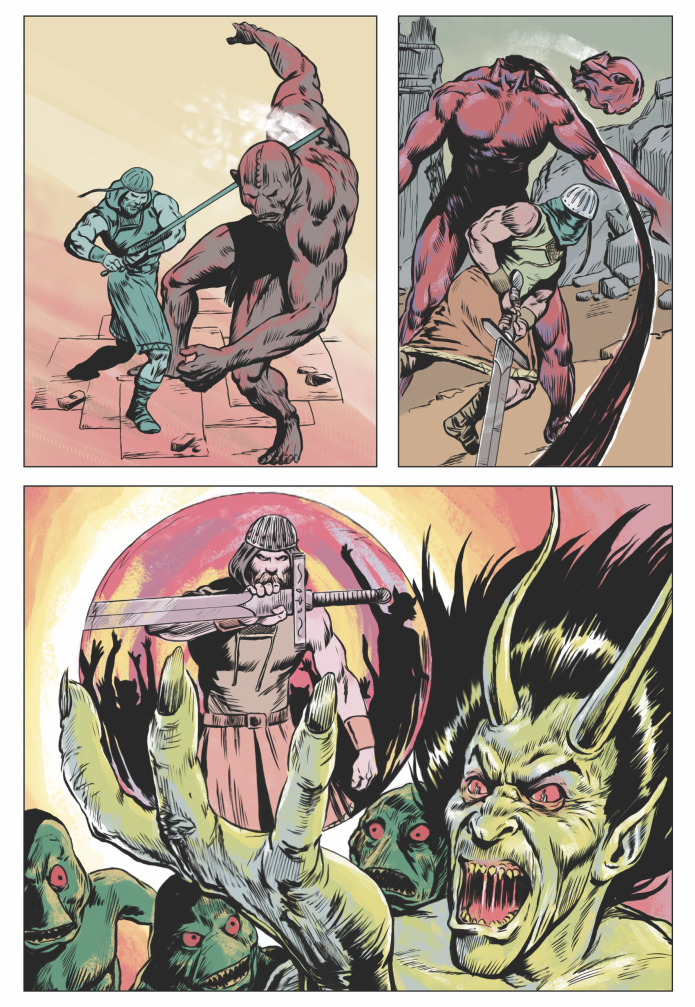The Excellence of Elocution, Razorfist, comes back with another episode of The Shadowcast.
Razor continues his historical contextualization of both the writer--Walter B. Gibson--and the publishing world of the day, and in so doing he reveals that much of the literary and storycrafting elements are the same today as they were then.
The big takeaway that studying Gibson and The Shadow gives you is how to properly approach writing popular fiction as both a business and as a craft. This is the early days, but here is where Gibson finds the template by which he would write stories about this character going forward- a template that Bob Kane would shamelessly rip off when creating Batman years later, along with everything else he stole to make his copy, and then proceed to goat-fuck into the dirt.
Remember that Gibson wrote two 40,000 word manuscripts--proper novels--per month. He wasn't just writing to market, he wrote as light-speed. He had to approach this as if it were any other job. Having a template to work from made this a lot easier, since the Outline stage of the process started pre-written at core points; all he had to do was flesh out the spaces he left for individuation.
He also had to make use of not only every magician's trick he knew to create mystery, capture attention, direct it where he wanted, and give it the catharsis he promised. He did this with an efficiency of word choice and use that many today cannot approach due to OldPub pushing literary obesity so their fat tomes push competitors off the shelves. This is so commonplace an issue that later writers write the character slow, as Razorfist points out with the Dynamic Comics segment.
The ability to write that fast and consistently is an acquired one, so anyone can do this and more than Gibson has done just that successfully- just look at Ian Fleming. That means we can do this too, but it means abandoning this Torturned Author bullshit and coming at this as the job it really is- proper Working Joe Can-Do Professionalism and not Soyboy Snowflake faggotry.
Fortunately there's a pair of books to get you going on this. I recommend both; they're short, no-nonsense read-in-an-afternoon books so you can read and apply between Lunch and Dinner.




